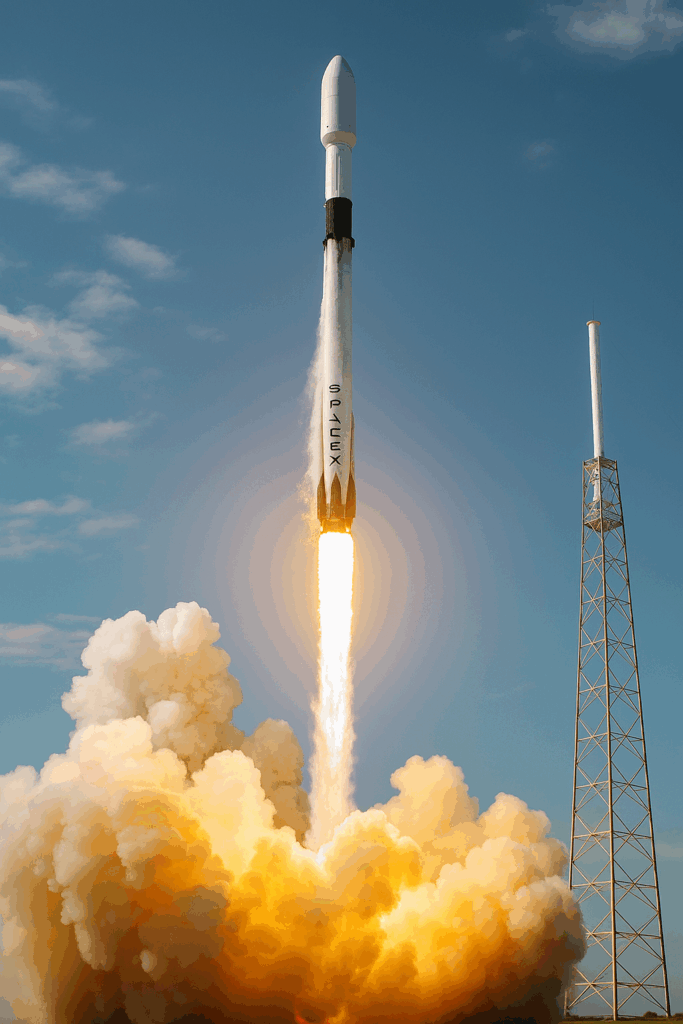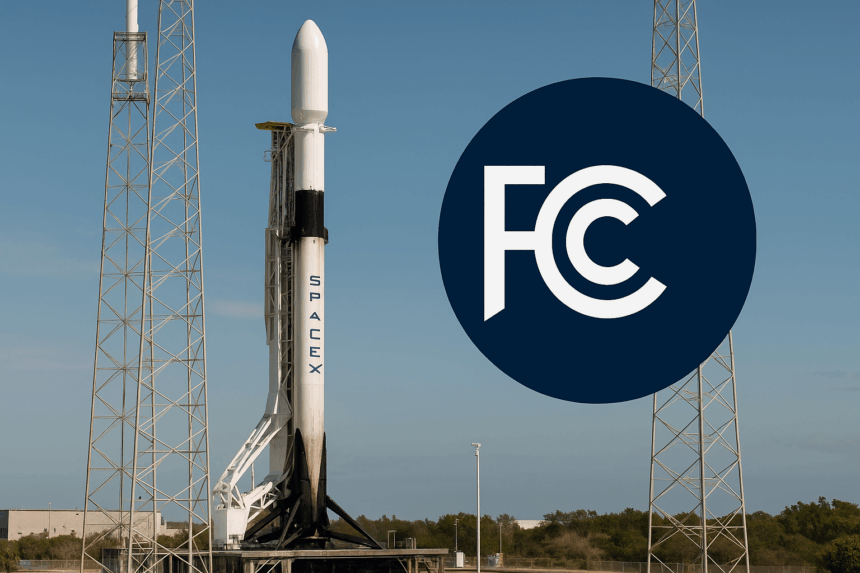SpaceX reignited its efforts to secure access to the coveted 2GHz spectrum owned by Echostar, with the objective of expanding cellular Starlink service. Following a regulatory setback in 2024, the company submitted new applications to the Federal Communications Commission (FCC) in 2025. SpaceX’s request comes amid a heated debate over spectrum sharing, market competition, and the future of satellite and terrestrial wireless services globally.
What’s Happening & Why This Matters
The FCC recently launched a review into Echostar’s use of its 2GHz spectrum licenses. The commission is investigating whether Echostar, which operates Boost Mobile and holds licenses crucial for 5G coverage, has fulfilled its deployment obligations. This inquiry opens the door for competitors like SpaceX to request shared access to the spectrum.
SpaceX argues that EchoStar has failed to fully utilize the 2 GHz band to deliver promised wireless services. In its letter to the FCC, SpaceX claims Echostar’s lack of service means the spectrum rights should revert and be made available for new entrants. The company aims to integrate this spectrum with its cellular Starlink offering, which is set to launch soon in partnership with T-Mobile.

However, the inquiry has met resistance. Outgoing FCC commissioner Nathan Simington criticized the review, calling it a “dangerous mistake” that threatens Echostar’s financial viability. Simington warns that revoking spectrum licenses could disrupt the US wireless market and jeopardize investments in innovative technologies, such as Open RAN networks.
Echostar defends its record, stating that its Boost Mobile 5G network already covers 80% of the population and meets regulatory requirements. The company also asserts that it requires exclusive control of the 2GHz band to prevent interference and support future satellite projects, including its planned Lyra satellite constellation for phone and Internet of Things (IoT) connectivity.
Telecom vendors like Samsung and Dell Technologies back Echostar’s position, warning the FCC that harsh sanctions could threaten jobs and ongoing investments in advanced network architectures.
The FCC chair, Brendan Carr, supports opening spectrum access to enable next-generation satellite services and to maintain US leadership in satellite communications, particularly given geopolitical competition from China.
SpaceX is also renewing efforts to obtain access to other satellite bands, including the 1.6 GHz and 2.4 GHz frequencies held by Globalstar, which are currently used for Apple’s satellite messaging. SpaceX filed applications arguing these bands are underused and can be shared without causing interference.
TF Summary: What’s Next
SpaceX’s renewed pursuit of FCC approval for EchoStar’s 2 GHz spectrum is at a critical juncture for US wireless and satellite services. The outcome could reimagine how satellite operators and terrestrial carriers share scarce spectrum resources.
The FCC is combating market competition, innovation incentives, and network reliability. Meanwhile, Echostar’s response and vendor support emphasize the complexity of enforcing spectrum rules without harming investment.
Industry watchers should closely monitor FCC decisions on spectrum licensing and sharing frameworks. These actions may facilitate the betterment of cellular satellite services and the expansion of 5G nationwide.
— Text-to-Speech (TTS) provided by gspeech


